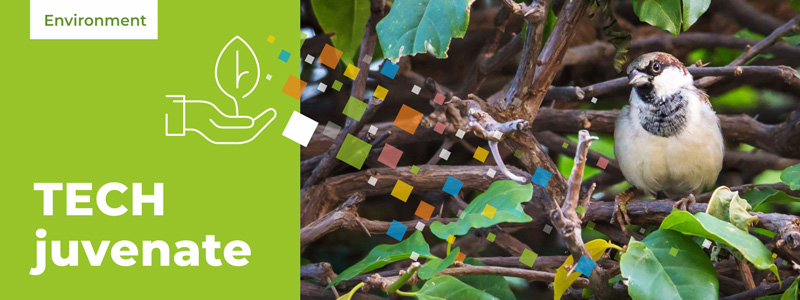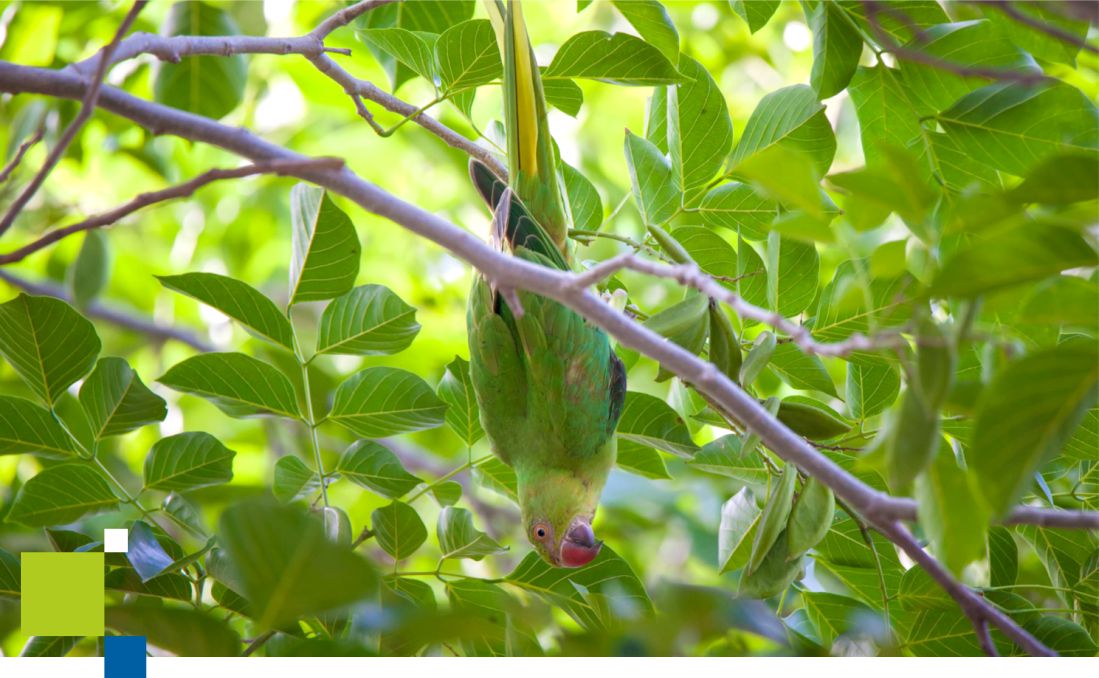Biodiversity and ecosystem services such as food production, fresh water supplies, air quality control and landscapes get impacted throughout the mining life cycle, from exploration to closure. Hindustan Zinc recognises that its impact on biodiversity can arise from a number of sources including operational activities, land use and management of waste streams.
We have a Biodiversity Management Plan in place at all our units. Our biodiversity management programme is developed to avoid, minimise or compensate the loss of biodiversity as a result of new projects or major expansions. During assessments for new projects, detailed environmental impact assessments are undertaken, including biodiversity aspects.
During project permitting, detailed Environment and Social Impact Assessments (ESIAs) are conducted to support approval of the project by regulators and support for the project from stakeholders. We identify and understand the critical biodiversity areas and develop an action plan to mitigate the risks associated with new project activities on the region's biodiversity. Even at the closure stage we work towards restoring the land as close as possible to its natural state.
Keeping the environment clean and green
 |
Partnered with IBBI for Natural Capital Action Plan implementation at RAM as the site for pilot project |
 |
Planted more than 1.5 million plants around our operations |
 |
Created an endangered plant nursery at the Rampura Agucha Mines and Kayad Mines, a peacock conservation park at Kayad Mines and a Butterfly Park at Pantnagar |
 |
Conducted tree census to assess the quality of the existing arboreal cover. Details regarding the diverse species of trees, names, girth, height (approx.), health condition, etc. were also collected to maintain and manage them better |
 |
Created awareness on 'Plantation, Water Conservation, and Biodiversity' through a three-day workshop which not only provided education but also created a bond among the villagers and their surrounding environment |



